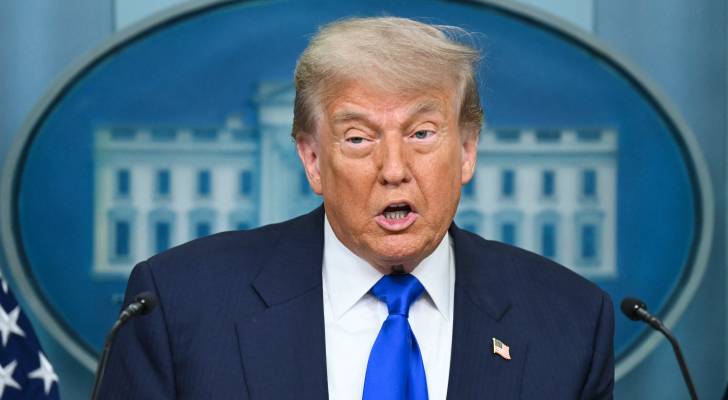US President Donald Trump
Supreme Court allows Trump to limit birthright citizenship in some states
US Supreme Court on Friday allowed a controversial executive order by US President Donald Trump to temporarily take effect in 28 states, permitting a partial halt to automatic birthright citizenship for children of undocumented immigrants, even as legal challenges continue.
The 6–3 decision, split along ideological lines, does not address the constitutionality of the order itself but lifts nationwide injunctions that had blocked it from being implemented anywhere. The ruling was framed as a procedural matter concerning the power of individual federal judges to issue nationwide injunctions, which the Court has increasingly questioned.
Justice Amy Coney Barrett, writing for the majority, emphasized that such broad judicial blocks should be used sparingly, allowing Trump’s directive to proceed in states that are not currently involved in active lawsuits against it. The order will not go into effect for another 30 days, allowing further appeals.
President Trump hailed the decision as a “historic win” during remarks at the White House on Friday, saying it reasserts the power of the executive branch and limits judicial overreach. He also praised a separate ruling issued the same day allowing parents to opt their children out of LGBTQ-themed books in elementary schools.
Critics argue that Trump’s January executive order, issued on the first day of his second term, strikes at the heart of the 14th Amendment, which has guaranteed birthright citizenship in the US for over 150 years. Legal challenges led by 22 Democratic states had quickly blocked the order, with federal judges in Seattle, Maryland, and Massachusetts ruling against it and extending those rulings nationwide.
The ruling does not settle the broader constitutional debate. The practice of granting citizenship to anyone born on US soil has been upheld by courts for over a century, most notably in the 1898 Wong Kim Ark decision. That precedent remains intact, for now.
The Trump administration has argued that undocumented immigrants are not “subject to the jurisdiction” of the United States under the 14th Amendment, a legal interpretation widely disputed by constitutional scholars.
As litigation continues, the future of the order remains uncertain. The Court’s decision is likely to renew fierce legal and political battles over immigration, the limits of executive power, and the role of the judiciary.




